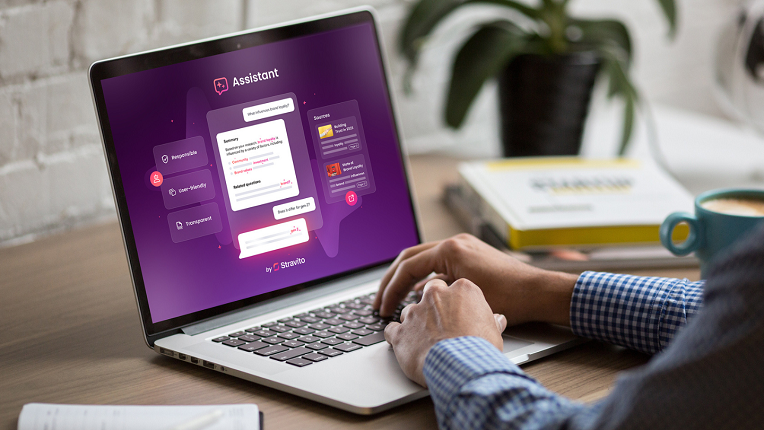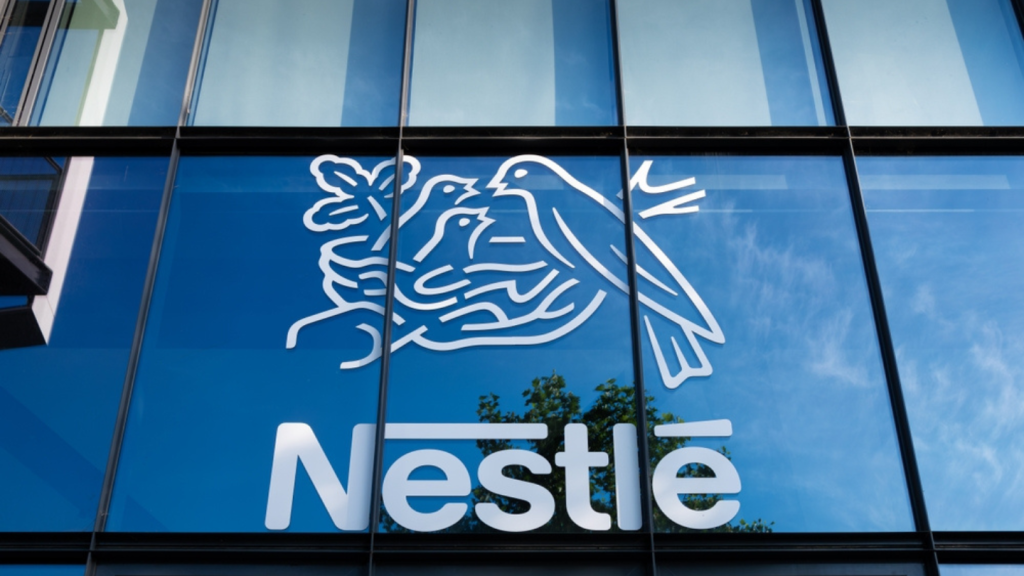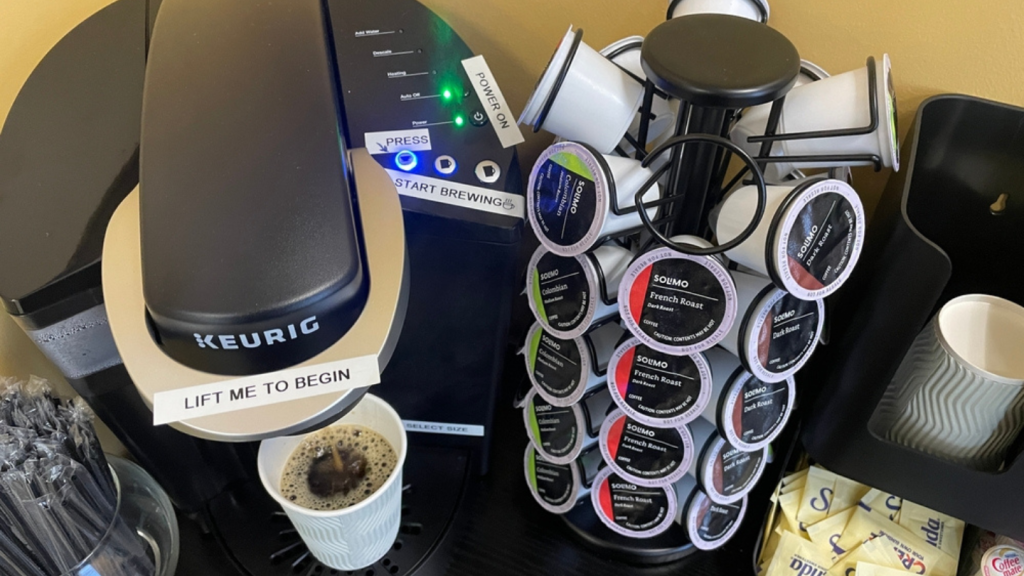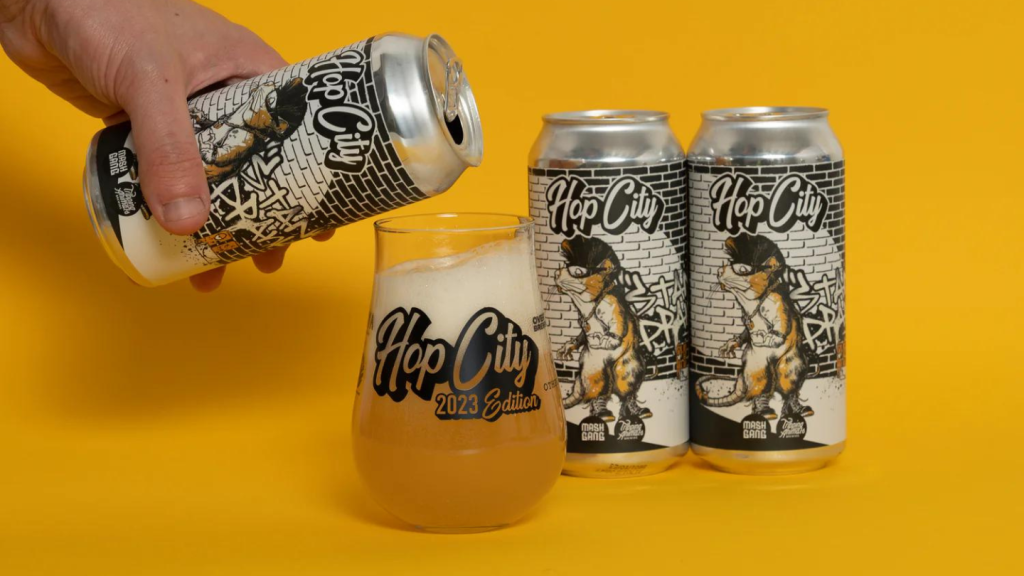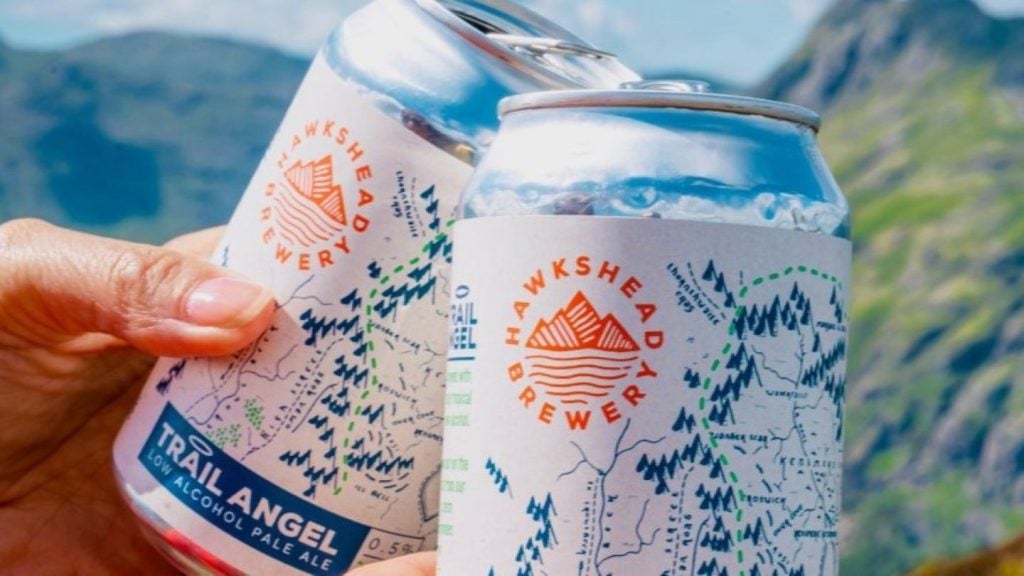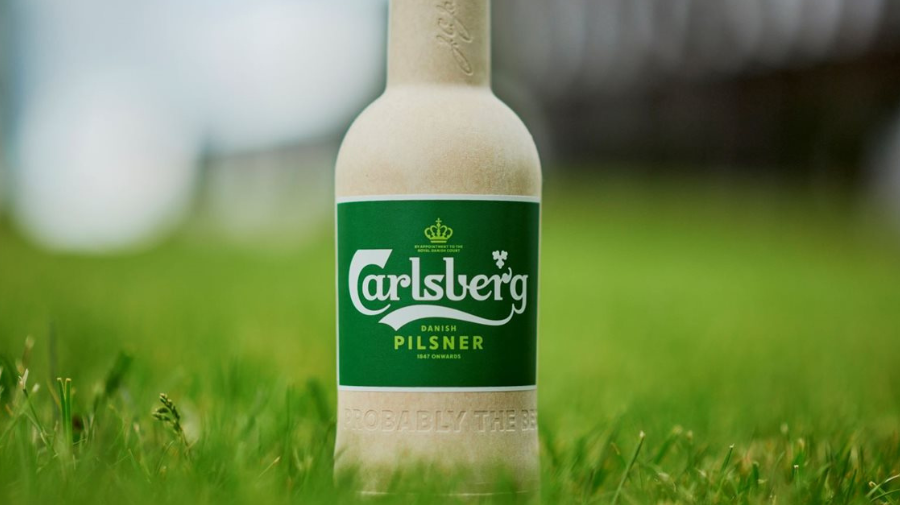Stravito is an AI-powered market-research business that works with food and beverage companies on understanding consumer trends and behaviour.
Founded in 2017, the Sweden-headquartered business has partnered with businesses including Danone, Sodexo and Heineken.
CEO Thor Olof Philogène sat down with Just Drinks to set out Stravito’s work with its clients, the principal consumer insights shaping the sector and how generative AI is here to “augment, not replace” human beings.
Henry Mathieu (HM): How Stravito did come about and what’s the company’s role in the food and beverage industry?
Thor Olof Philogène (TOP): The company was founded back in 2017, by four individuals, me being one of them, and with background in entrepreneurial experience, in technology, data and insights – and, more particularly, market research serving food and beverages. Two of my co-founders ran a market research company that was acquired by GfK and is currently owned by Ipsos.
In terms of what Stravito does, the way to think about it is we offer an enterprise software-as-a-service platform. That platform aims at allowing employees at the world’s largest global organisations to store, discover and integrate company knowledge with ease.
The whole idea with this is to offer a solution that would give those same employees, no matter where they are physically, access to insights that enable them to better understand their end customers. We started off with a very strong background and history having worked in the market research space, and ultimately, market research is about helping you understand your end customers.
Now, being seven years in, we are proud to help customers across a wide variety of sectors to maximise the impact of their insights. And that’s everything ranging from Burberry to Lazy Boy in the retail sector, right through Comcast in telecoms, or Heineken or McDonald's in food and beverages and more. But more than anything, the way we summarise it is that we help global enterprises to know what they know.
HM: One of the major food and drinks companies Stravito has worked with is Danone. Can you tell us about that partnership?
TOP: We’ve worked with Danone for several years now. There is the partnership we announced last year which was what we did in terms of research management. To bring this back to context, if our general proposition is knowledge management for these large global organisations, what we did with research management is we allowed companies to effectively start the whole process of procuring research management by tying it to what we already know. As a big dairy, waters and early life nutrition actor such as Danone, really what you’re caring about is to make sure you are not replicating or commissioning research that you already have. Whenever you actually commission research, you want to make sure that you ask the right questions so whatever comes back is not repeating things you already knew.
You want to make sure that whoever engages in doing more research can have the benefit from all the work that has been done. That was more specifically what we launched with Danone. Now that’s something that we’ve globally rolled out to several clients. What we’re doing is using AI to leverage the data that is in the platform even more.
What does leveraging the data even more mean? Well, I think it’s benefiting from the superhuman abilities of being able to process hundreds of reports, in some cases thousands of reports, and giving you the nuggets that you really need in a summarised way that is compelling and easy to benefit from as a human end user.
HM: How has the rapid global surge in AI use affected your business?
TOP: We are a machine learning and artificial intelligence native company, meaning that even in the first prototype that we built, we actually applied machine learning and artificial intelligence to simplify and remove friction for the end user. So, in that sense, yes, we are evolving with the times.
Truth be told, we started working with generative AI a while ago. We started working with models such as BERT and GPT-3. These were models that existed before OpenAI publicly launched on 30 November 2022. We were one of the first companies that did this, and so in that sense, we are evolving with the times but also not jumping on the bandwagon when it became popular and when I think a large part of the crowd started gathering around it. We saw the potential much earlier.
HM: Looking at the industry, are there any consumer trends that you have seen stand out ahead of others?
TOP: There are a couple of trends that I would say have become clearer as the younger generations now are becoming a larger portion of the economy. This means that whereas people would talk about millennials and Gen Z before, as almost future customers, they are now a bigger part of the actual customer base. With their views on sustainability, as an example, they have a larger influence on bigger trends.
Similarly, even though you’ve seen a lot of tumultuous change on the macro level, some things are more permanent. Sustainability, being one. Ethical purchasing being a second one. If we take a broader perspective on the insights industry itself, I think one thing that stands out is what has really became popular last year: the idea of taking a step away from the consumer, where a lot of food and drinks companies have been very much focused on. The idea of the consumer they’re selling to rather than being more focused on the human being that the consumer resides within.
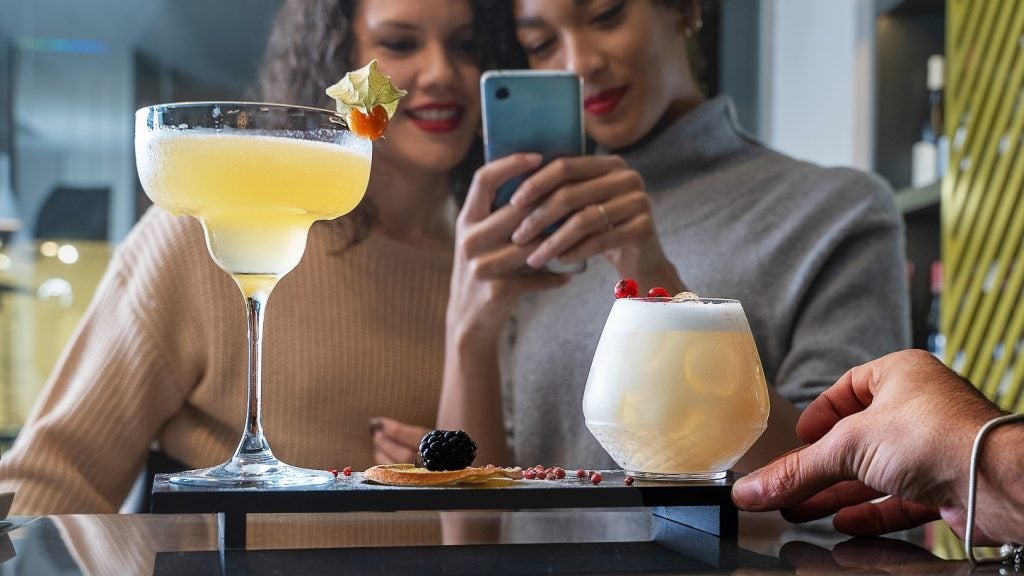
The effective insight here is that I as a consumer of X brand, I’m actually only a consumer of X brand a couple of minutes per day or per week, whereas the human being that hosts the consumer has a lot of interests and concerns that exist for much longer. If you have that understanding, it also empowers you in a situation of a Black Swan event, such as Covid. If you can, based off that understanding of the human being, have a better set of predictions then you can actually effectively serve in your marketing work and sales.
HM: What are you most excited about in terms of working within the food and drinks industry?
TOP: I think what’s amazing with companies is that they are very consumer-oriented. So, they are the industries that will see the biggest innovation fastest. I think that whereas there are consumers having evolving demands, and that’s a normal thing because food and beverage companies are the ones investing the most in insights, in market research, they are also expanding their ways of serving and understanding. This means that you end up with a pile of unstructured data that is bigger now than ever before. Unstructured data typically is thought of as documents and text documents and reports but it also includes videos. This means it becomes a bigger and bigger pile of information, and the problem becomes harder and harder, and we’re very excited about attacking that head-on.
People have way too much information. They are looking for a way to distil what they have into actionable points.
Having been in this industry for almost 20 years, I also know that, 20 years ago, the big question was: how can I have more data? I need more data so I can take more informed and good decisions. We’re currently at the other side of the spectrum, which means that people have way too much information, and they are instead looking for a way to distil the information they have into actionable points.
Now, what I think is particularly interesting is, even if we’re really early days, we have already seen massive improvements. So, I mean, the work we did with Heineken in the beginning, what they are seeing is a massive boost of productivity like workflow, reuse of insights, and ultimately, what’s really important to them is reducing time to market. And I think that's true for all food and beverage companies.
I think we’ve just scratched the surface. What I’m excited about is what happens if now we’re not in a situation where the only thing we can do is observe that ever-growing pile of unstructured data but actually catch up and become much more augmented as human beings, to actually take action and benefit from that data and allow that data to work for us, where us humans are the human beneficiaries, and not at all replaced, which I think a lot of doomsday sayers are talking about when they talk about generative AI.
Henry Mathieu: Do you strongly believe that it won’t be a matter of replacement with generative AI?
TOP: I really don't believe in the replacing. If you listen to Yann LeCun, who’s the chief researcher at Meta, according to him at least, we’re very far away from that all-powerful general artificial intelligence that will be able to replace humans. From my understanding of technology, I think we're very far away from that and we should rather enjoy massive productivity gains and actually focus on what we as human beings have been genetically much stronger at than computers.
I’m excited about us humans being the beneficiaries and not at all replaced.
HM: Are we as a society on the right side in terms of incorporating AI rather than fearing it?
TOP: I think that there’s a responsibility that lies with every one of us – including us as people that are in the business of running companies that apply AI. That is everything that involves ethics, that involves trust, that involves confidentiality and that's something we've taken to heart here at Stravito. Now for everything that we do, we double down and we do much more than maybe is required because laws and regulations haven’t necessarily caught up with reality. From our perspective, it means the utmost focus on reliability, utmost focus on privacy and security.
HM: What are the biggest challenges facing Stravito and its role in the food and drinks industry?
TOP: I think the biggest challenge is for us, it’s really managing expectations. I think it’s really about what we’ve chosen to do which is to work hand in hand with our customers and solve actual problems. We’ve talked about Heineken but I think what we do with them, and with Danone, with other clients, is that we really look at their day-to-day, and look at their reality, and look at what is it you actually can do with a good understanding what the technology is capable of today. Seeing what it is that we can do for you in the short to medium term, while, of course, having ambitions for the long term.
The biggest challenge, it’s really not just the challenge for Stravito, I think it’s a challenge for any company in this field, is just to manage the expectation and have realistic views on what the technology can do for us and not force it to do things that it’s not good at in some degree.


